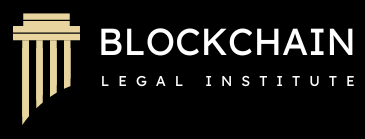The World Energy Council is the world’s oldest independent and impartial community of energy leaders and practitioners. Through our Humanising Energy vision, we involve more people and communities in accelerating clean and inclusive energy transitions in all world regions. Formed in 1923, the Council is a UN-accredited global energy body that has convened diverse interests from across the full energy ecosystem for a century, and today has over 3,000 member organisations and a presence in nearly 100 countries. The organisation has a coordinating Secretariat in London, United Kingdom, under the direction of the Secretary General who reports to the Officer’s Council, under the leadership of an elected Chair.
Visit the World Energy Council website to explore more related publications:
Produced in collaboration with PricewaterhouseCoopers (PwC), this White Paper looks at the potential of Blockchain Technology for the energy sector. Although blockchain is gaining wide-spread acknowledgement and use in the sector, there are still a number of uncertainties surrounding the technology and a combination of technological, regulatory and other practical challenges could stall its growth.
Key questions addressed in the paper include:
- What are blockchain’s opportunities and risks in the energy sector?
- What are the latest updates on pilots, use cases and scalability?
- What are the regulatory obstacles associated with the implementation of blockchain applications and what are the issues to be addressed?
- How will blockchain impact company and state value chain infrastructure related to the energy sector?
The paper draws from interviews with companies and organisations actively involved in blockchain projects in the energy industry from the US, Europe, China, Japan and New Zealand. It is designed to start a dialogue on potential obstacles to the uptake of blockchain and where the technology might be headed
